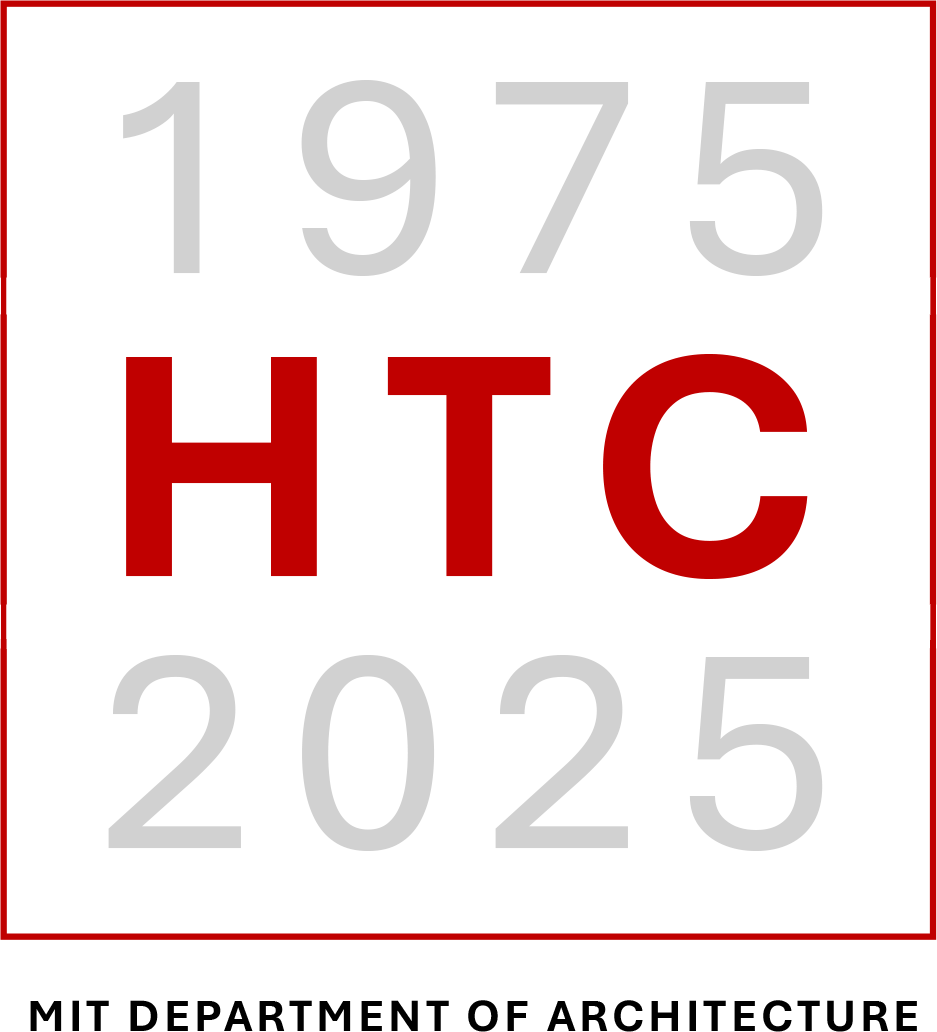Global HTC
I am happy to be part of Global HTC: A 50th Anniversary Celebration, here’s a brief description of the event.
Back in 1975, the MIT Administration approved an audacious plan to found HTC within a 100+ year old Architecture Department. Rather than simply introduce buildings and forms as unchanging ‘precedents’ for modern architecture, the faculty argued that history should be joined by theory and criticism in a new targeted doctoral program for the history of art and architecture – the first to be embedded in a school of architecture rather than a faculty of Arts and Sciences. HTC combined code words for philosophy, theory (of the continental sort) and politics (or dialectical criticism). History too, would be far from a litany of settled facts. Each term of the triumvirate would have its own restless trajectory as doctoral candidates took up the challenge of writing a history as a passionate, situated and active theoretical practice. We humbly submit that legions of remarkable graduates have gone on to shape scholarship, pedagogy, curatorial practice, and entire fields in ways that could not have been anticipated at the program’s founding, and are eminently worth celebrating today.
Back in 1975, the MIT Administration approved an audacious plan to found HTC within a 100+ year old Architecture Department. Rather than simply introduce buildings and forms as unchanging ‘precedents’ for modern architecture, the faculty argued that history should be joined by theory and criticism in a new targeted doctoral program for the history of art and architecture – the first to be embedded in a school of architecture rather than a faculty of Arts and Sciences. HTC combined code words for philosophy, theory (of the continental sort) and politics (or dialectical criticism). History too, would be far from a litany of settled facts. Each term of the triumvirate would have its own restless trajectory as doctoral candidates took up the challenge of writing a history as a passionate, situated and active theoretical practice. We humbly submit that legions of remarkable graduates have gone on to shape scholarship, pedagogy, curatorial practice, and entire fields in ways that could not have been anticipated at the program’s founding, and are eminently worth celebrating today.
